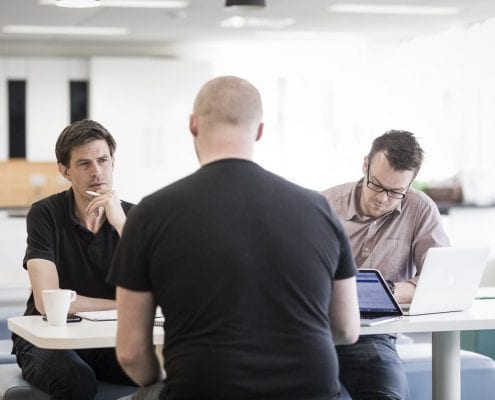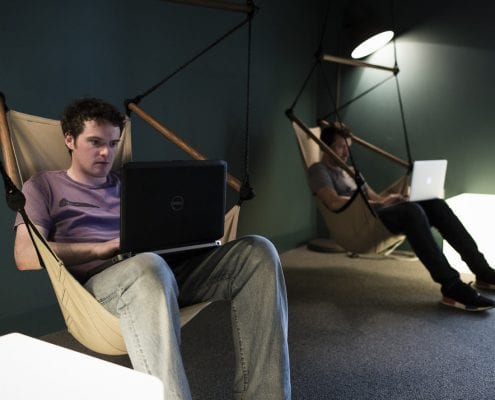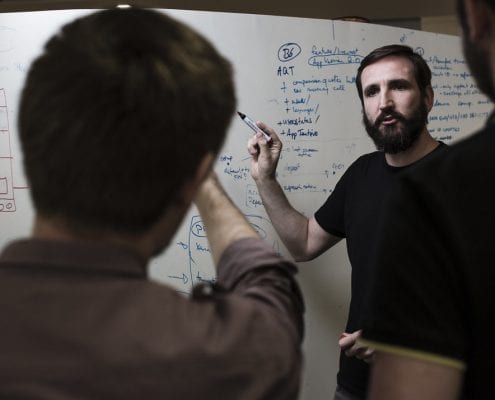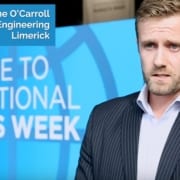How PerfectCard Found the Perfect Incentive for Market Discovery
“You can’t just go into a market the size of the UK believing you will do the same things you do in Ireland. We decided to target the reseller market for our incentive product in the UK. Going the reseller rather than the direct route will increase our reach greatly.”
Natasha Brasier, PerfectCard
Key Takeouts:
Case Study: PerfectCard
Founded in 2006, PerfectCard has established itself as a leading gift and incentives brand, with its distinctive cards widely used by shopping centres and retailers around Ireland as a gifting solution. Over the past decade the company has expanded and developed its offering to include employee and customer incentive products and has just launched Pecan, a new employee expenses service aimed primarily at Small and Medium Enterprises.
The company has also been preparing the ground for significant growth in the UK market, principally in the incentives area. “We already have customers in the UK and are about to dedicate more resources to growing sales there”, explain PerfectCard business development manager, Natasha Brasier.
The acquisition of a Galway-based IT company some years ago played a critical role in this strategy. “The acquisition allowed us to introduce additional features and benefits”, says Brasier. “For example, customers using the cards to reward employees were able to load them onsite. The solution allowed us to start selling into the UK market. Our customers include a number of Irish- based companies with overseas offices that started using our solution in other markets.”
 PerfectCard was the first company in its space to receive e-money authorisation from the Central Bank of Ireland, which is also facilitating its international growth.
PerfectCard was the first company in its space to receive e-money authorisation from the Central Bank of Ireland, which is also facilitating its international growth.
Enterprise Ireland support has also been crucial, with the company participating in the Innovation for Growth Programme, while Brasier will shortly complete the Enterprise Ireland-sponsored international sales programme at Dublin Institute of Technology (DIT)
“A few years ago, we also received a market research grant to research the UK market and some great advice through Enterprise Ireland”, she adds. The grant helped the company to assess the best route to market to reach their target customers. The company subsequently developed a much more structured sales process and approach for the UK market.
“You can’t just go into a market the size of the UK believing you will do the same things you do in Ireland”, says Brasier. “We decided to target the reseller market for our incentive product in the UK. We have a few companies using the product there, but going the reseller rather than the direct route will increase our reach greatly.
“The response has been very good, and we have identified two potential partners to work with. They recognise the value of having a separate staff rewards card to pay bonuses or other incentives. It shows that a bit of thought went into it. If it gets paid through payroll it disappears, but if the cash is on a separate card, employees can spend it straightaway or use it to save up for holidays or other treats.”
The intention after that is to grow the business out. “Once customers start using our incentive card solution it will be relatively easy to cross-sell our other products, such as Pecan.”
The launch of the Pecan product in the Irish and UK markets is a particular area of focus currently.
“Pecan will give SMEs and their employees much greater control over expenses. The card can be used to pay for employee expenses and the company gets to view expenditure in real time. The software also allows employees to take pictures of receipts and upload them, thus making reporting much easier.”
Click here to learn more about Enterprise Ireland’s Diversification supports.
















 Dr Amir Kordvani, a senior associate with international law firm Clyde & Co, advises on sectoral investments across the Middle East and recently undertook a detailed look at the potential Iran offers to companies across the business spectrum. “What Iranian businesses are looking for, and it will be a requirement to any procurement proposal, is to show that you are bringing the very latest know-how and technology to the country. They are not interested in something from 10 years ago,” he says.
Dr Amir Kordvani, a senior associate with international law firm Clyde & Co, advises on sectoral investments across the Middle East and recently undertook a detailed look at the potential Iran offers to companies across the business spectrum. “What Iranian businesses are looking for, and it will be a requirement to any procurement proposal, is to show that you are bringing the very latest know-how and technology to the country. They are not interested in something from 10 years ago,” he says.
